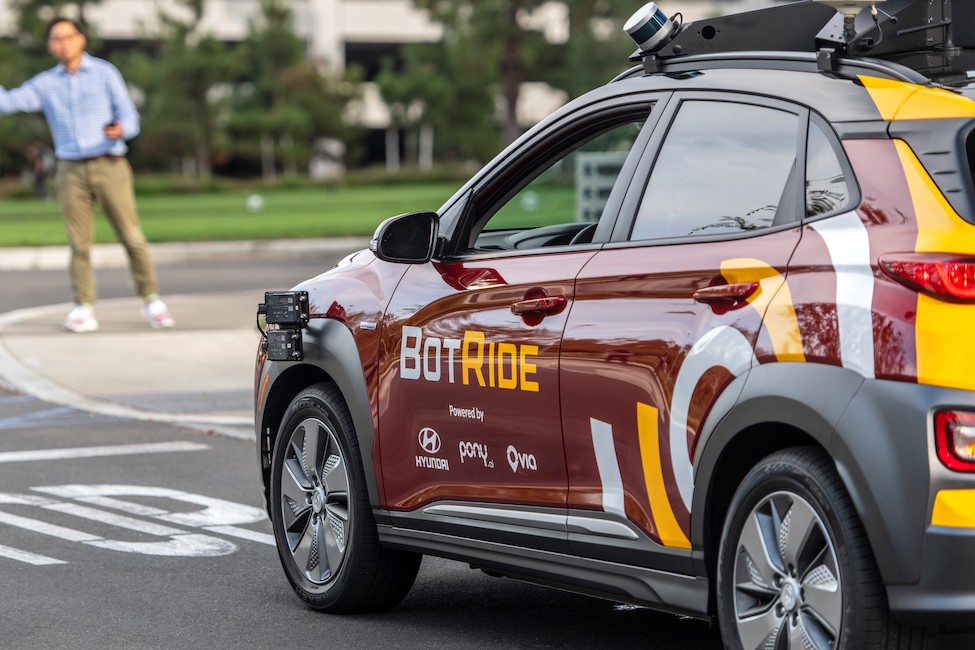 EMERGING TECH
EMERGING TECH
 EMERGING TECH
EMERGING TECH
 EMERGING TECH
EMERGING TECH
Self-driving car technology startup Pony.ai Inc. has obtained a new taxi license in Guangzhou, China, the first robotaxi company to do so.
Announced Saturday, the permit allows the company to operate 100 autonomous vehicles as traditional taxis in Nansha District of Guangzhou, one of China’s four Tier 1 city that neighbors the tech hub of Shenzen. Pony.ai will start operating the taxi service, complete with charging fares, across the 800 square kilometers (497 square miles) of Nansha in May and intends to expand the scale and scope of the service gradually to other areas of Guangzhou.
Passengers wishing to hail rides through the robotaxis can do so through the PonyPilot+ App, with the app also handling payments. The service will operate from 8:30 a.m. to 10:30 p.m. Fares will be based on taxi pricing in Guangzhou. The service will initially launch with a safety driver, but the company expects to remove the driver over a short to intermediate time frame.
Pony.ai had to pass stringent safety and other multifaceted vehicle qualification tests set forth by national inspection institutions to qualify for the Guangzhou license. They included 24 months of autonomous driving testing in China and/or other countries, at least 1 million kilometers of testing mileage, at least 200,000 kilometers of autonomous testing within Guangzhou’s designated test area and no involvement in any active liability traffic accidents.
The announcement is said to reinforce Pony.ai’s progress toward commercial autonomy. The company had previously received a permit in November to operate a robotaxi service in Beijing and plans to expand its commercialized robotaxi footprint to two other Tier-1 cities in China next year and to more cities by the start of Pony.ai’s mass commercialization planned for 2024 to 2025.
“The inclusion of autonomous vehicles in the unified and standardized management of taxis proves that both government policy and the public are increasingly accepting robotaxis as a form of everyday transportation, recognizing the ride experience and technical stability of Pony.ai’s robotaxi,” Tiancheng Lou, co-founder and chief technology officer of Pony.ai, said in a statement.
Like many Chinese companies, Pony.ai has had issues with the Chinese Communist Party’s crackdown on local companies seeking to do business in the U.S. Pony.ai was forced to scrap plans to go public in the U.S. in August through a special-purpose acquisition company after it failed to gain assurances from Beijing that it would not become a target of a crackdown against Chinese technology companies.
Having been unable to go public in the U.S., Pony.ai pursued additional venture capital funding instead. The amount of new funding raised in March was not disclosed but was raised at a valuation of $8.5 billion.
Pony.ai investors include Green Pine Capital Partners, CMC Capital, Redpoint Ventures China, the Ontario Teachers’ Pension Plan board’s Teachers’ Innovation Platform, Fidelity China, 5Y Capital, ClearVue Partners, Eight Roads, Sequoia Capital China, IDG Capital and Toyota.
THANK YOU